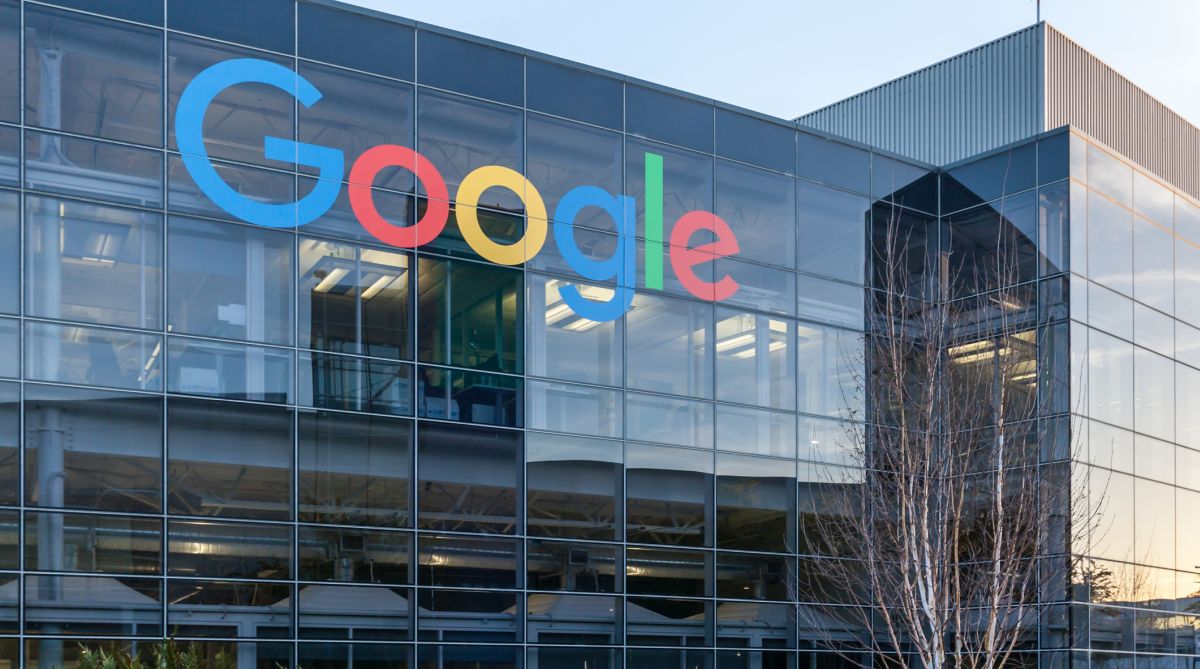
Hanoi, Vietnam – For over two decades, Google has been the undisputed leader of internet search. But that dominance is now facing a serious test from a new breed of AI-powered engines, with OpenAI’s ChatGPT at the forefront of this challenge.
Behind the scenes, Google has been growing increasingly concerned over the rise of generative AI platforms that can provide instant, conversational answers to user queries — often without the need to click through multiple search results. According to sources close to the company, these concerns have been mounting for at least two years, prompting internal reorganizations, rushed product rollouts, and strategic shifts to defend its core business.
ChatGPT: A New Way to Search
When OpenAI launched ChatGPT in late 2022, it quickly captured global attention with its ability to generate coherent, detailed, and contextually accurate responses. Users found that instead of typing keywords into Google and sifting through links, they could simply ask ChatGPT a question — and get a straight answer in seconds.
This shift in user behavior poses a real risk to Google’s lucrative advertising-based search model. With fewer people clicking on sponsored links, Google’s ad revenue — which makes up more than 80% of its total income — could take a significant hit.
Google’s Response: Innovation and Urgency
Google hasn’t been sitting still. In response to the AI threat, the company accelerated its AI initiatives, launching Bard (now rebranded as Gemini) and embedding more AI features into its search engine. Sundar Pichai, CEO of Google’s parent company Alphabet, acknowledged in early 2024 that generative AI represents “the next wave of computing” — and a key battleground for the future of the internet.
Internally, Google has also ramped up AI talent recruitment and restructured its teams to focus more aggressively on AI development. Still, catching up with OpenAI’s rapid momentum remains a challenge.
Implications for Users in Vietnam and Beyond
For internet users in Vietnam and Southeast Asia, this AI shift could reshape how people interact with the web. Instead of typing queries in English or Vietnamese and sorting through dozens of links, users may increasingly turn to conversational AI tools for instant summaries, travel tips, financial insights, or even legal advice.
Vietnamese startups, marketers, and businesses that rely on Google search visibility may also need to adapt their strategies as AI becomes a bigger part of the user journey. Search engine optimization (SEO) may soon give way to AI optimization — tailoring content not just for Google’s crawlers, but for AI engines that summarize and present information directly.
The Road Ahead
The battle for the future of search is only just beginning. While Google remains the dominant player, the rise of ChatGPT and other AI models has introduced real competition for the first time in years. In this evolving digital landscape, innovation, adaptability, and a focus on user needs will determine who leads the next era of information discovery.
Stay informed with Vietnam Insider as we track how AI is changing the tech world — and what it means for Vietnam’s digital economy.
Related
Discover more from Vietnam Insider
Subscribe to get the latest posts sent to your email.

